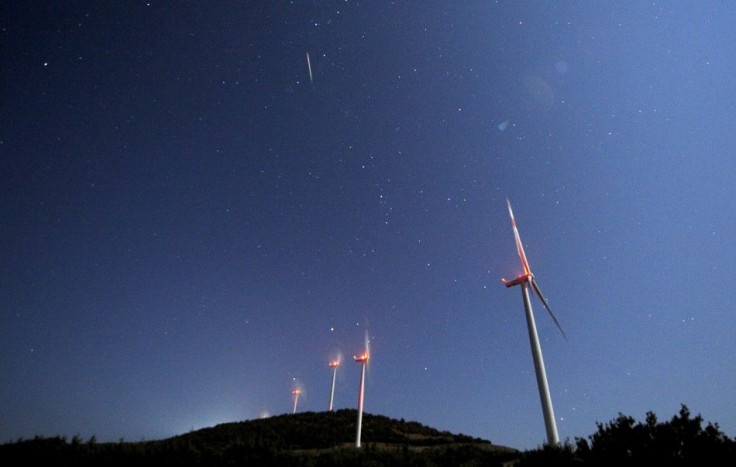Growing Market For Meteorites: Chinese Are Buying 'Meteorites'

Chinese investors have started buying meteorites and the numerous vendors are benefitting from the growing market. The vendors have the urge to earn profits because of which they are selling fake and misleading meteorites.
According to wantchinatimes.com, there were only a few meteorites that reached the hands of collectors or were used for the purpose of scientific research. The report suggested that most of the rocks were sold and resold with a huge profit margin.
Bryan Lee, a Chinese civil servant, said that those spending on the meteorites were only interested in how much it was worth and didn't pay much attention to the science behind it. He added that this was the reason there was an increase in the amount of fakes in the market.
One of the people who was defrauded, Wang Xueliang, is a Dalian businessman. He has now become an online whistleblower for the illegal practice through which the vendors make their profits. In 2009, Mr. Xueliang had bought a meteorite and got a certification through a meteorite association.
The meteorite weighed many hundred grams and was worth US$1,630 per gram, according to the association. He spent a total of US$8,130 for it and the association claimed that his meteorite was worth US$1.63 million. He also found it really difficult to sell the meteorite later. He then took it to other astronomical institutions and found that it was not from space.
When Mr Xueliang contacted other members of the meteorite association, he found that they too had been defrauded and that the association was a scam. The chairman had told the members that investing in meteorites could make them rich and each member had to pay a sum US$98 to be a part of the association and in a span of two years, the association grew to more than 400 members. Apart from the fee to join the organisation, there were other fees which amounted to US$163 to US$490.
Another person who invested in a meteorite was Chinese entrepreneur, Tong Xiangping, whose meteorite turned out to be a real one, reported Yahoo. He spent a sum of AU$186,300 on the meteorite that is believed to be over billions of years old. It was found on a Russian riverbed in 1967.




















